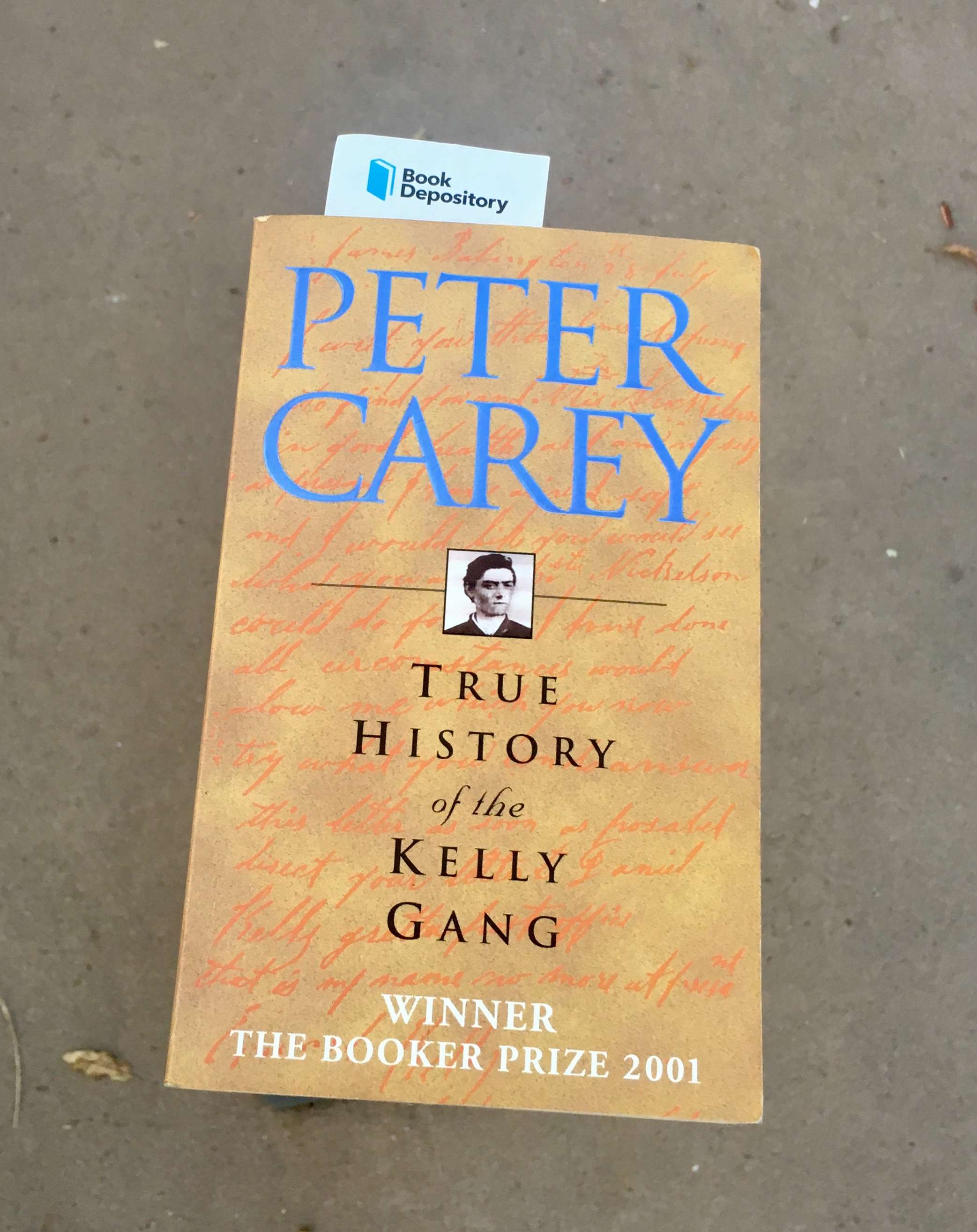"Now you can light an adjectival fire."
Goodness I flew through this 2001 winner of the Booker Prize. The thing that struck me particularly was the sense of being drawn back into a dark and violent past. Aspects of language and phrasing that today would raise particular offence in their usage, helped to set the scene and distance this reader from the world of today. The world of the Kelly Gang's social graces are quite distinctly different from those of today. Carey mirrors this quite brilliantly with his inability to swear other than in the abstract and vocal use of racial slurs in a contrasting manner. This evokes a time more preoccupied with avoiding to cause offence to the church, rather than the land's original inhabitants. This is always an interesting conundrum to my thoughts, how do you imagine a story based on real characters and circumstances without evoking aspects which are bound to jar with modern sensibilities?
To return to the book. It is filled with an atmosphere of suffering, dread, poor parenting and imprisonment. The outcomes of Kelly's life seem to be a continually dwindling set of options that hint at a path to nowhere. While aspects of Kelly's life may be inventions of the author, the novel has a cracking pace and a convincing sense of place. The old adage that you can choose your friends, but not your family, is at play here in the beginnings of Kelly's challenging childhood and the boyhood that shapes his future endeavours. I found the characters of his mother and his lover, Mary, somewhat similar, in that interactions with either woman prompt Ned to actions that are not always in his best interest. His trials and tribulations instill a sense of compassion in the reader for the infamous lawbreaker, the nuanced description of his character cannot help but draw them into his world.
5 out of 5 bushrangers would have been better off with kevlar.

No comments:
Post a Comment